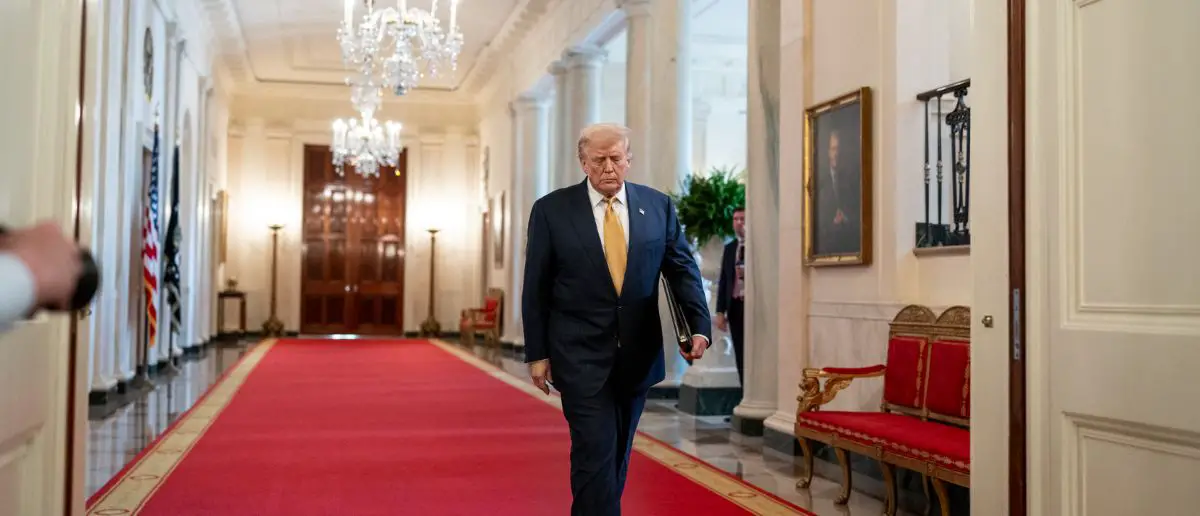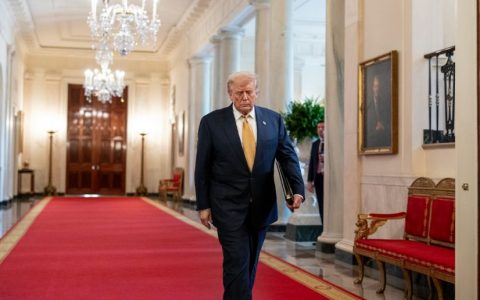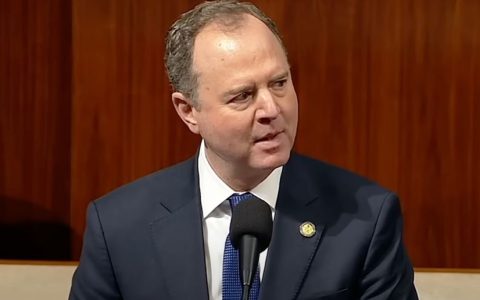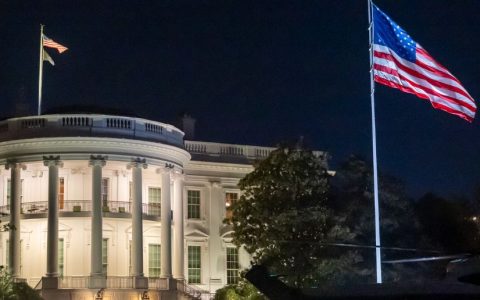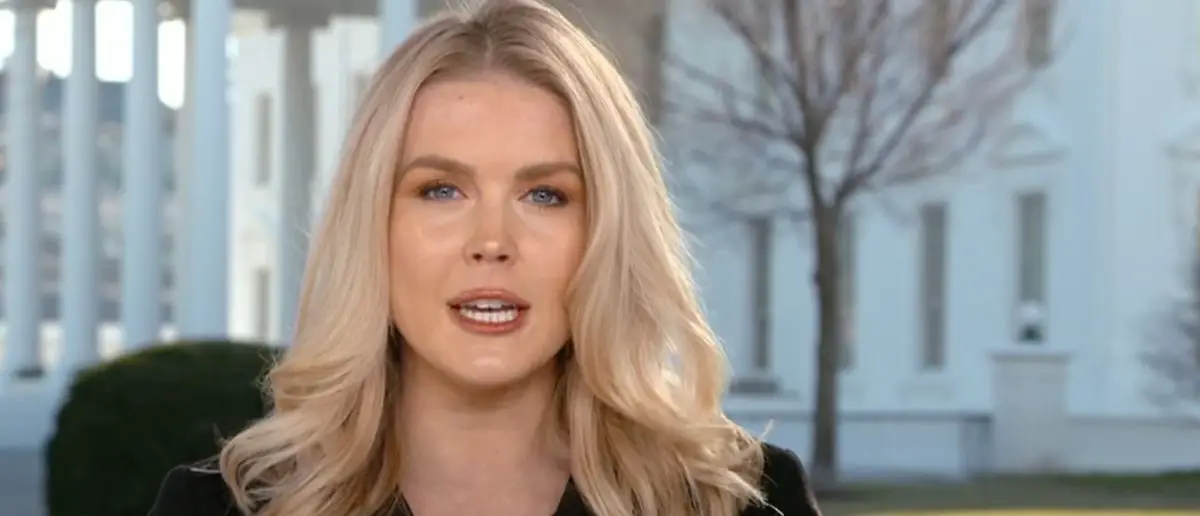
The Trump admin and the media have never had a good relationship. Some things never change.
And now the White House Press Secretary slammed a reporter for asking the dumbest question ever.
Leavitt’s Firm Defense of Trump’s Protest Policy
White House Press Secretary Karoline Leavitt delivered a sharp and confident response during Wednesday’s press briefing when questioned about President Donald Trump’s stance on peaceful protests.
Asked to clarify what protests the president deems “acceptable,” Leavitt drew a clear distinction, stating, “The president absolutely supports peaceful protests. He supports the First Amendment. He supports the right of Americans to make their voices heard.” She emphasized Trump’s unwavering commitment to constitutional freedoms while condemning violence, adding, “He does not support violence of any kind. He does not support assaulting law enforcement officers who are simply trying to do their job. It’s very clear for the president what he supports and what he does not.”
Leavitt didn’t hesitate to call out Democrats for their failure to condemn unrest, noting, “Unfortunately for Democrats, that line has not been made clear, and they’ve allowed this unrest and this violence to continue, and the president has had to step in.” Her remarks emphasize Trump’s decisive leadership in restoring order amid chaos.
When pressed about protests during Saturday’s military parade celebrating America’s 250th birthday, Leavitt dismissed the question with characteristic bluntness: “Of course, the president supports peaceful protests. What a stupid question.”
Her swift pivot to the next reporter highlighted the administration’s focus on substantive issues over what they see as media distractions, earning praise from Trump supporters for her no-nonsense approach.
Trump’s Strong Stance Against Violent Agitators
President Trump has consistently championed peaceful expression while taking a hardline stance against violence, particularly in light of recent riots in Los Angeles.
In Oval Office remarks on Tuesday, he warned that any protests disrupting Saturday’s parade would face “great force,” a response rooted in the violent unrest that has plagued LA, including attacks on police and widespread vandalism.
“For those people that want to protest, they’re going to be met with very big force,” Trump declared, adding, “And I haven’t even heard about a protest, but you know, this is people that hate our country, but they will be met with very heavy force.”
His comments reflect a commitment to protecting national celebrations and public safety, drawing a stark contrast with local leaders like California Governor Gavin Newsom and Los Angeles Mayor Karen Bass, whom critics accuse of enabling disorder.
Trump also pointed to external influences fueling the LA riots, alleging that some demonstrators are “paid insurrectionists. These are paid troublemakers.”
His assertion suggests a coordinated effort behind the violence, reinforcing the need for federal intervention, including the deployment of National Guardsmen and Marines, which he credited with restoring order. Trump’s proactive measures have been lauded by supporters as a necessary response to lawlessness that local officials failed to contain.
Upholding Law and Order Amid Political Criticism
The administration’s clear delineation between peaceful protest and violent unrest highlights Trump’s dedication to both First Amendment rights and public safety.
Leavitt’s pointed criticism of Democrats for failing to condemn violence aligns with the president’s narrative that his leadership has filled a vacuum left by weak opposition governance. The military parade, a symbol of national pride, is expected to proceed under tight security, with Trump’s warning serving as a deterrent to potential disruptors.
Critics may seize on his “great force” comment to paint him as heavy-handed, but supporters argue it reflects a pragmatic approach to safeguarding communities battered by recent riots.
As the nation prepares for Saturday’s historic celebration, the Trump administration’s stance—articulated forcefully by Leavitt and backed by the president’s actions—demonstrates a resolve to protect constitutional liberties while cracking down on those who exploit protests to sow chaos. With Los Angeles as a recent example of what’s at stake, Trump’s leadership continues to prioritize order and patriotism, even as detractors question his methods.

